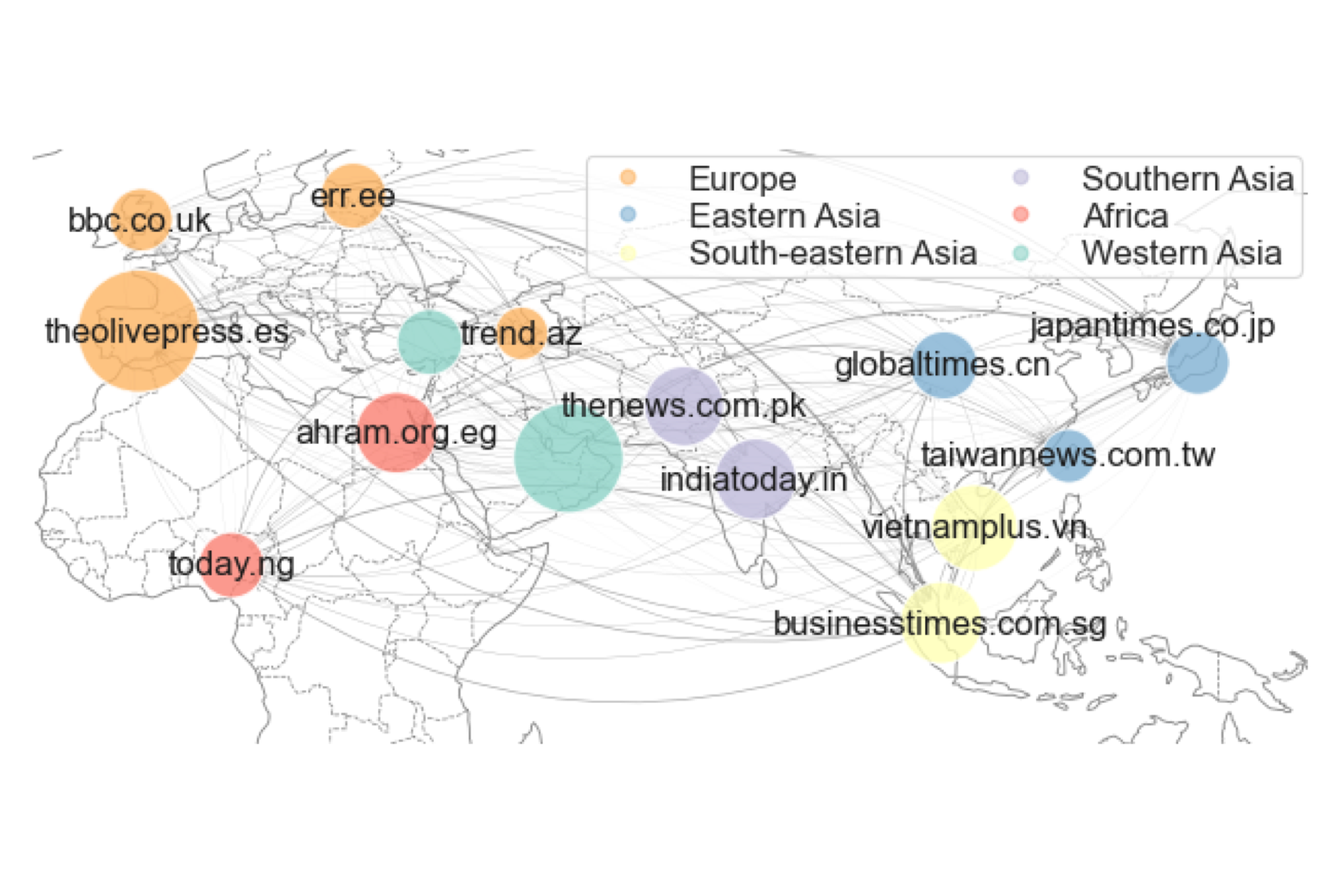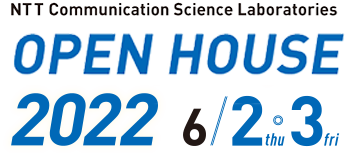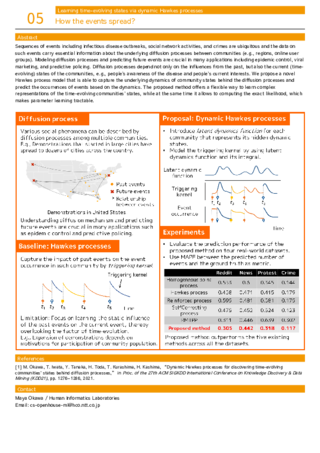| 05 |
How the events spread?Learning time-evolving states via dynamic Hawkes processes 
|
|---|
Sequences of events including infectious disease outbreaks, social network activities, and crimes are ubiquitous and the data on such events carry essential information about the underlying diffusion processes between communities (e.g., regions, online user groups). Modeling diffusion processes and predicting future events are crucial in many applications including epidemic control, viral marketing, and predictive policing. Diffusion processes depend not only on the influences from the past, but also the current (time-evolving) states of the communities, e.g., people's awareness of the disease and people's current interests. We propose a novel Hawkes process model that is able to capture the underlying dynamics of community states behind the diffusion processes and predict the occurrences of events based on the dynamics. The proposed method offers a flexible way to learn complex representations of the time-evolving communities' states, while at the same time it allows to computing the exact likelihood, which makes parameter learning tractable.
[1] M. Okawa, T. Iwata, Y. Tanaka, H. Toda, T. Kurashima, H. Kashima, “Dynamic Hawkes processes for discovering time-evolving communities' states behind diffusion processes,” in Proc. of the 27th ACM SIGKDD International Conference on Knowledge Discovery & Data Mining (KDD21), pp. 1276–1286, 2021.
Maya Okawa / Human Informatics Laboratories
Email: cs-openhouse-ml@hco.ntt.co.jp



